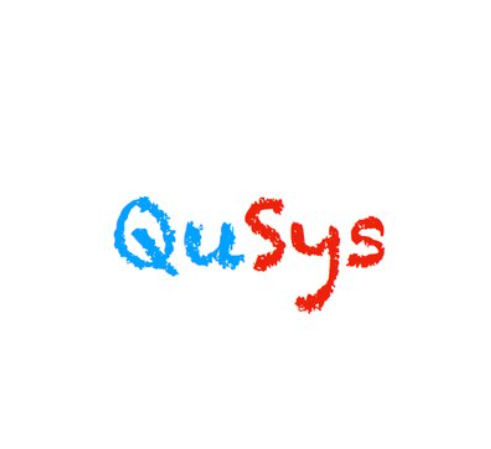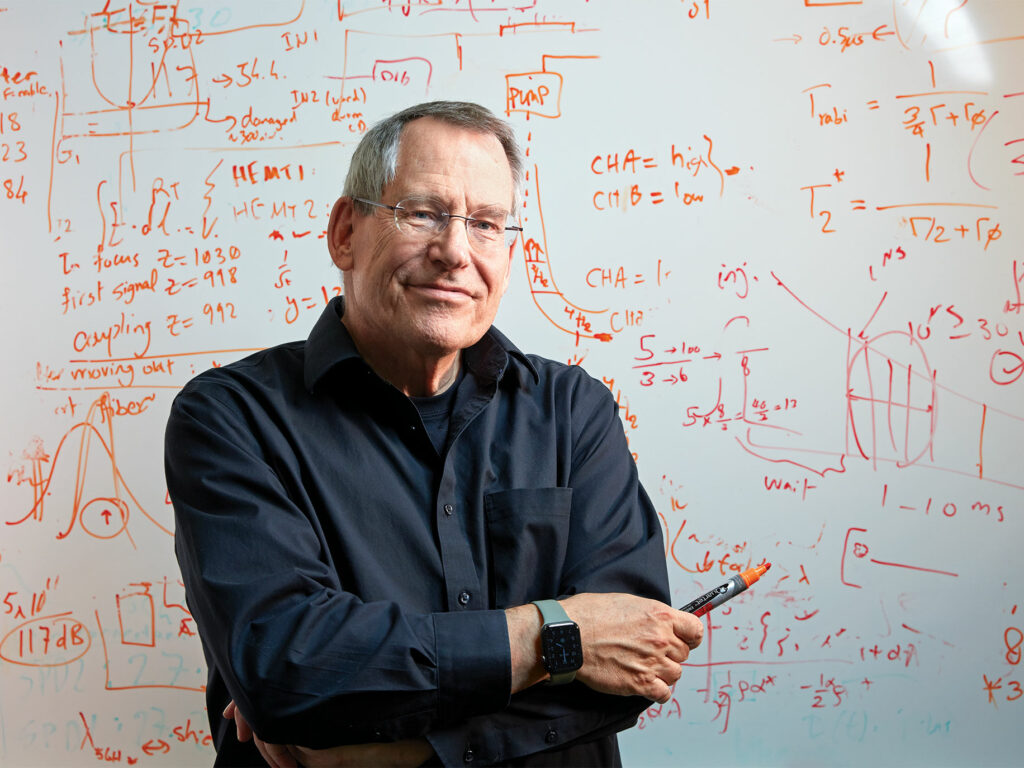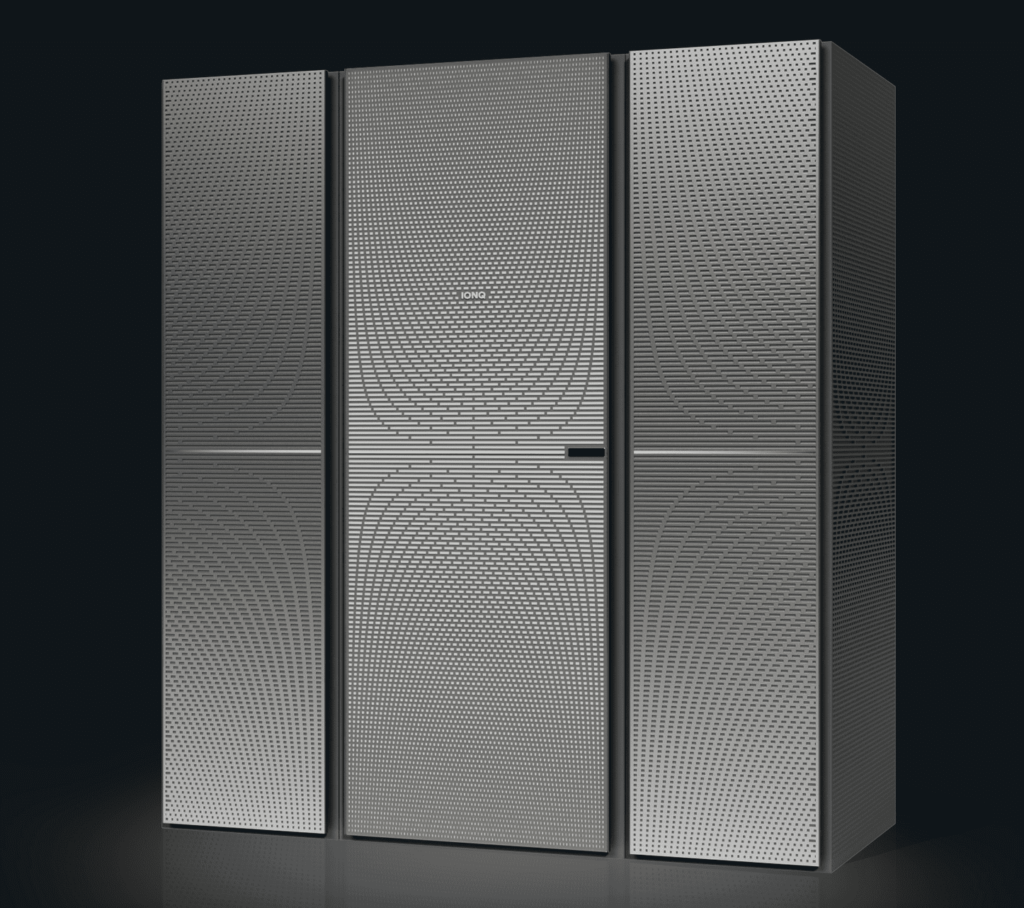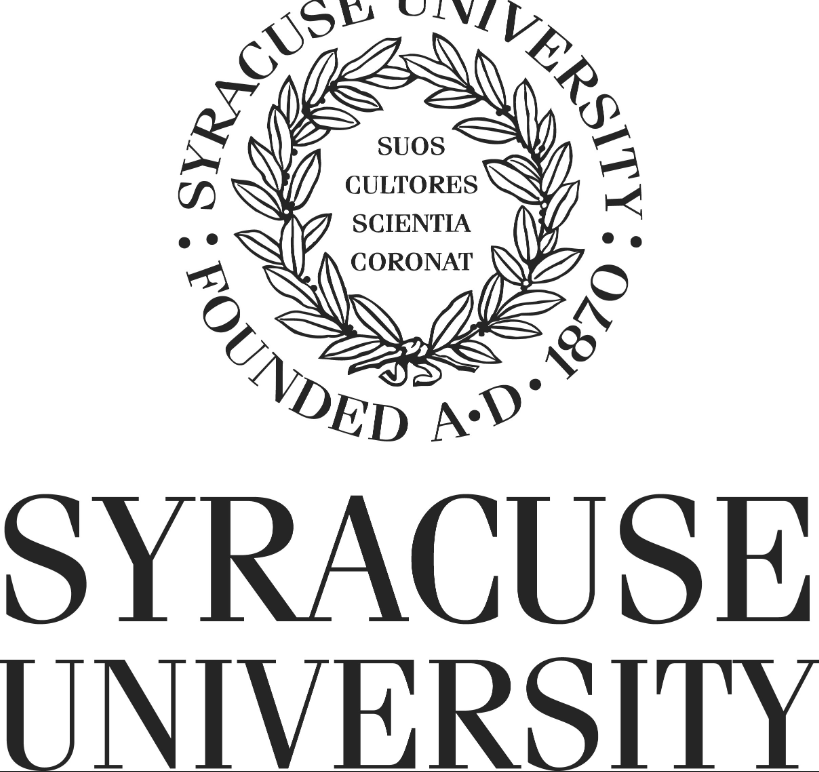Information Carriers
“One of the main driving forces behind the ability for physicists to isolate quantum systems is the potential use as information carriers for a new generation of technology called quantum technology,” said John Goold in a recent interview with Edvoy. An Associate Professor at the School of Physics at Trinity Dublin, Goold is also a Royal Society University Research Fellow and founder of QuSys, a research group interested in topics ranging from the intersection of quantum information theory and thermodynamics to condensed matter theory and non-equilibrium statistical mechanics group at set up at Trinity in 2018.
Only last month The Quantum Insider covered an interview with Goold when he talked about the opportunities open for graduates in the quantum tech sector in Ireland.
“Quantum computing exploits various different aspects of quantum mechanics which is not possible in the way that you manipulate standard classical information,” said Goold. “You get a completely different set of logical operations in quantum mechanics than you would, say, manipulating bits which will be the fundamental unit of standard computing.”
Goold continued by saying quantum computing is basically using quantum systems as information carriers.
Qubit
“The fundamental unit of information for quantum computing is a qubit,” he went on, “which is the simplest quantum system that we have. Certain tasks are demonstratively better on quantum computers than classical computers, significantly better.”

Goold explained that this is the reason why quantum computing is of such interest to the private sector.
“They’re really trying to build quantum computers to use them to do tasks which have commercial applications. Those commercial applications range from drug design to solving optimization problems,” he said, highlighting the fact quantum simulation was one of the first suggestions as to why it could be interesting to do quantum computation with quantum systems.
QuSys’ Founder noted that the current computers we have, such as supercomputers, can be very useful, but the problem is that to model a quantum system on a classical computer is extremely expensive in memory.
“You could be working in the pharmaceutical sector. There could be a particular molecule that you want to characterize because it’s used in a drug, for example. So it’s very, very important that we understand the properties of that molecule. That molecule is described by the laws of quantum mechanics. So the larger the molecule is, the more components of the molecule that you have, the more memory you need to use on your classical computer to store the information about that molecule,” said Goold.
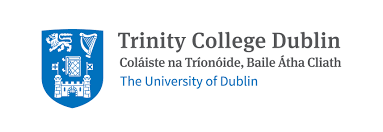
He is also aware that at some point for a very small molecule, you run out of the ability to model that exactly on a classical computer, saying there is just no good way of doing it.
You have approximations that you can make,” he said, “but they are approximations, so they come with the costs.”
Feynman, Modelling Quantum with Quantum
Goold then made reference to quantum computing pioneer Richard Feynman, and how the American theoretical physicist thought about modelling quantum systems with quantum systems.
“If you want to make a computer from quantum systems, you need to be able to isolate it, otherwise you just degrade the quality of “quantumness” there and you want to be able to manipulate it, perform logical operations which are called gate operations,” said Goold, defining this is typically done by using, for example, atoms as information carriers. “You might use lasers,” he continued, “to manipulate them and perform logical operations.”
However, Goold made it clear that noise was a challenge, and that the uncertain, classical mess that you make is problematic.
“It generates errors. And right now, technologically, there’s no really good way of correcting those errors,” said Goold.
Does that mean quantum computing is at a dead end?
No. Goold’s alternative to making a computer model is to test in the lab, though he stressed researchers should rather avoid that if they can make a model and be sure of their model.
QuSys’s Contribution
Next, Goold talked about his group, QuSys, and what it is doing.
“One side of my group recently explored how you can improve simulating quantum systems. We think about fairly simple but still sufficiently complex quantum systems, and we try to do simulations of their dynamics on the current generation of what are called noisy intermediate scale quantum (NISQ) devices,” said Goold, which he said are quantum computers that exist now but are far from being not perfect. “We’re at a very interesting point where the hardware is not so evolved,” he continued, “the theory is more or less evolved, but you can still try things out and see how far you get and see how you can improve.”
He then raised his group’s collaboration work with Microsoft and IBM in Dublin on quantum simulation, which features using quantum mechanical devices to simulate quantum mechanical dynamics.
To finish the interview, Goold expressed his love for quantum mechanics, thermodynamics and the theory of statistical mechanics.
“One of the core research topics of the group is the interface between quantum mechanics on the one side and thermodynamics on the other,” said Goold.
If you found this article to be informative, you can explore more current quantum news here, exclusives, interviews, and podcasts.


